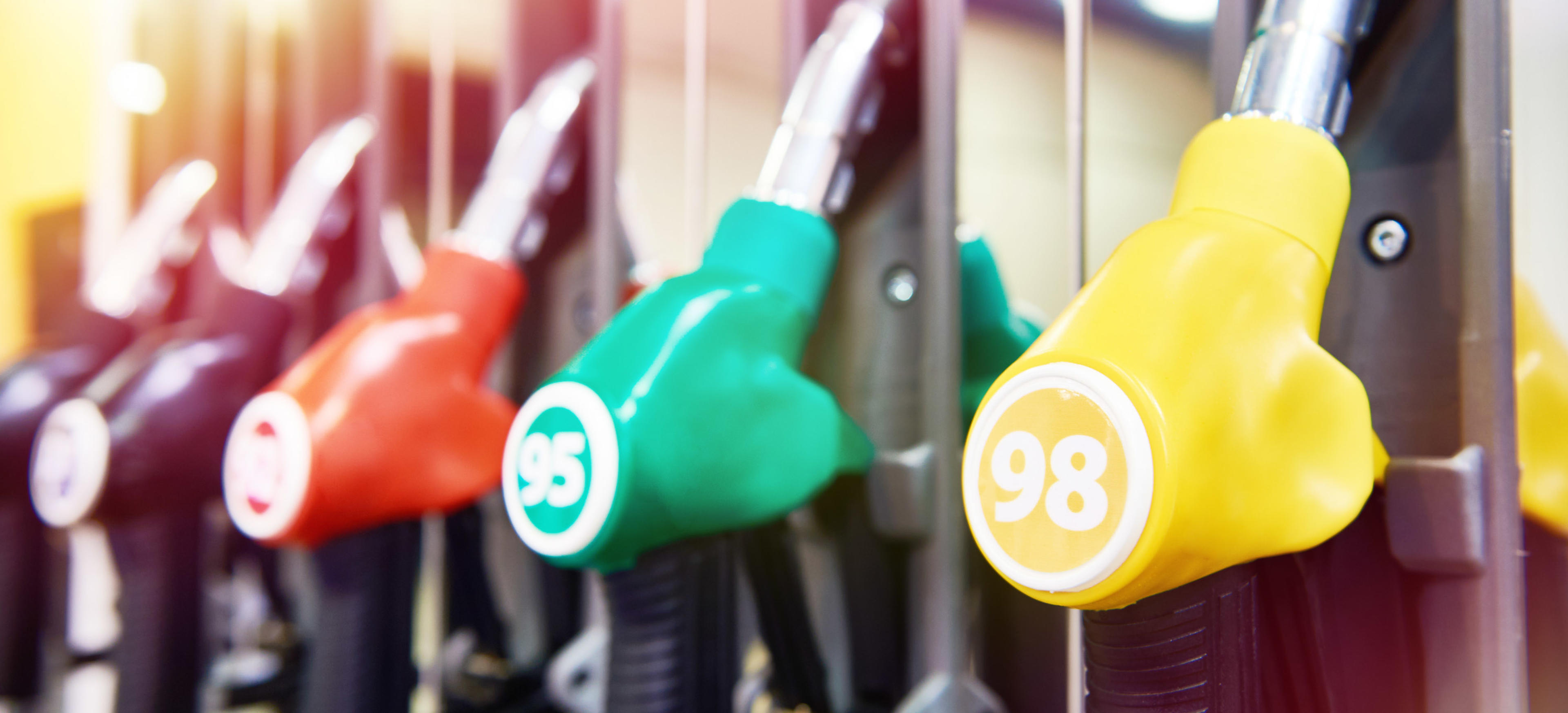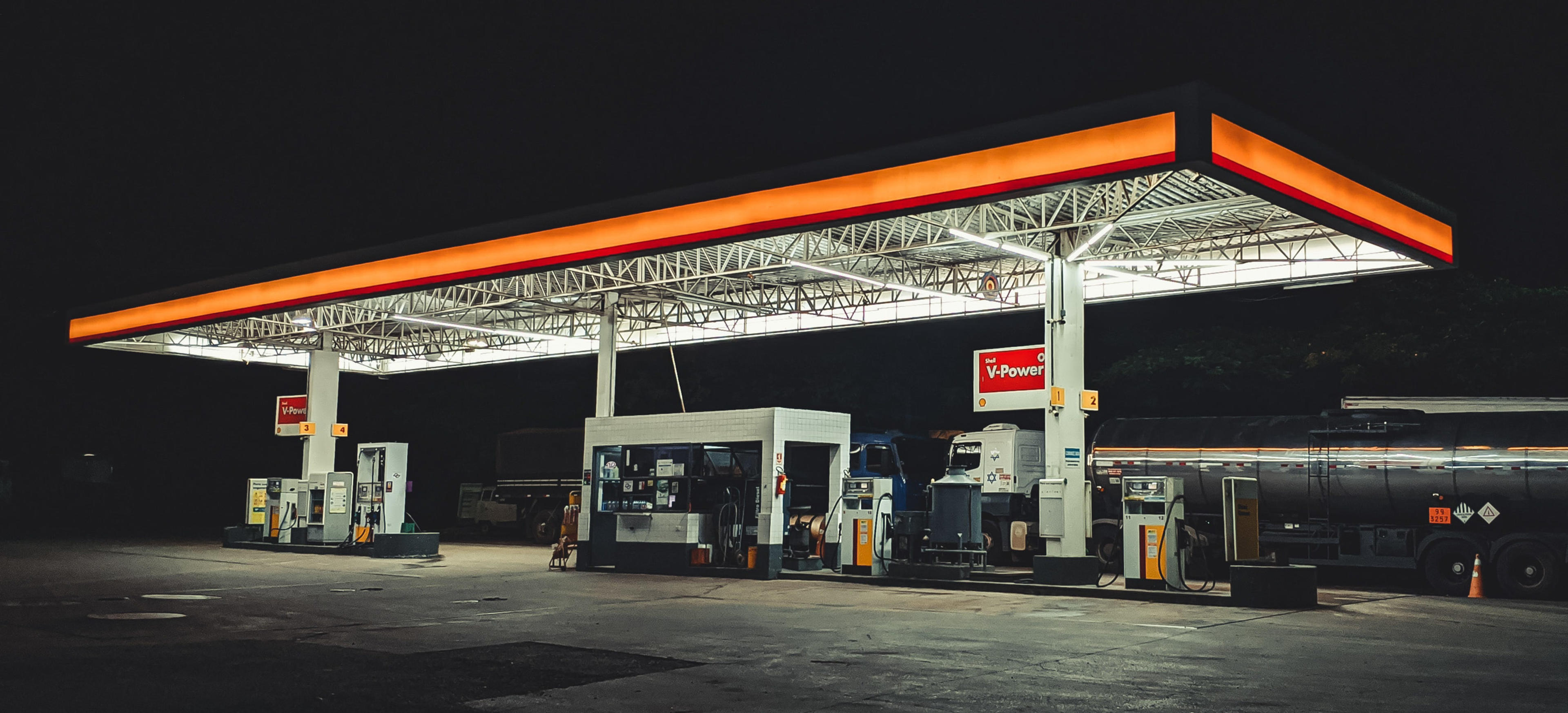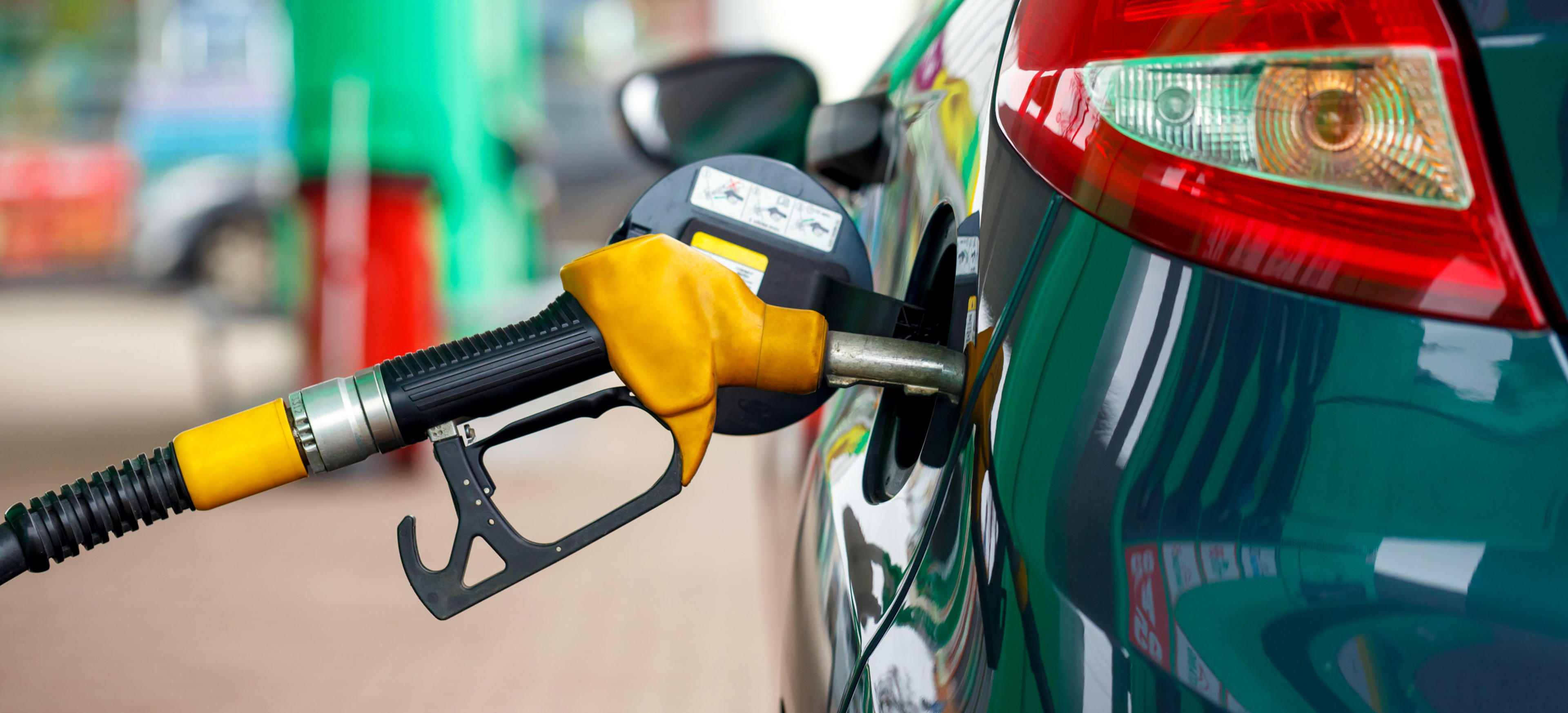
Benefits of Using Premium Fuel
Posted in Motoring Tips
Benefits of Using Premium Fuel
Fuel companies and car manufacturers alike regularly promote the performance benefits of high-octane fuels, being either 95 or 98 here down under.
But are these claims accurate? And what are the benefits of using 'premium fuel'?
What is premium fuel?
At most petrol stations you’ll find at least three choices for unleaded fuel which are sometimes labelled differently depending on the brand. But, no matter what they’re called, they are essentially the same.
There is Regular Unleaded (91RON), E10 Unleaded which increases the octane rating to 94RON, as it is mixed with between 9-10% ethanol, 95RON octane rating Unleaded and lastly 98RON octane rating Unleaded, which usually includes additives that can ‘clean’ internal parts of the engine to improve fuel consumption and long-term reliability.
The latter two are what we call 'Premium Fuel' with higher octane rating.
High octane fuel is primarily used on high-performance engines such as turbocharged cars because the fuel does not burn prematurely, although many car owners choose high-octane fuel for use in their non-turbo powered vehicles.
Unless your car explicitly needs the high-octane fuel, you may not need to use it.
Higher-octane fuels allow engine manufacturers to design more powerful and fuel-efficient engines. But there are a few things to consider, because some engines will perform better on high-octane fuels while others will show no obvious benefit. And high-octane fuels may even cause engines with very low compression ratios to run poorly.

What is the octane rating?
Let's get a bit technical here: an octane rating is the ability of the high octane fuel to resist engine knock – the engine pinging or rattling sound that comes as a result of premature ignition of the compressed fuel in one or more cylinders.
The most common type of octane rating worldwide is the Research Octane Number (RON).
In Australia, the standard grades are:
- Regular (unleaded) octane fuel (91 RON)
- Mid-grade premium octane fuel (95 RON)
- High-grade premium octane fuel (98 RON)
To put it simple, RON is the tolerance of a fuel to be compressed prior to ignition without pre-igniting. The more a fuel can be compressed before combustion, the greater the power an engine can create.
Most car owners are advised to use regular octane fuel. You will need to check the owner’s manual to see which fuel your car is supposed to use. If you are using a high-compression engine such as those used in some high-performance cars, you will need to use either mid-grade or premium octane fuel to prevent knocking.
You can often tell whether you’re using the right octane level by listening to your engine. If it doesn’t knock, then you’re using the correct grade of fuel.

What are the benefits?
For the majority of vehicles, using higher octane fuel may improve performance and mileage and even reduce CO2 emissions when the vehicle is working hard, such as when towing a trailer or carrying heavier than normal cargo, especially in hotter weather.
But under normal driving conditions, you’ll probably notice little to no benefit if your car isn't designed to use premium fuel.
Each vehicle model has a recommended minimum octane requirement – often printed somewhere near the fuel filler cap – and owners should not fill up with a fuel grade lower than this, but a higher grade may offer the above-mentioned advantages.
The most reliable way to find out if you could be going further on a tank by filling up with 98 or higher is to conduct your own real-world test.

Should you switch to premium fuel?
In rare cases, a car engine will knock even though you used the recommended octane rated fuel. When this happens, you can try switching to the next highest octane grade, and in many cases, this will be either the mid-grade or the premium grade fuel. If after using the higher grade octane the engine continues to ping or knock, you may need to repair some other parts of the engine.
After you have corrected the knocking problem, you can go back to the recommended octane as per the owner’s manual.
The question is always if it's worth the extra cost of buying premium fuel. If your vehicle manufacturer stipulates the use 95RON or 98RON, then yes, it’s worth the extra cost. If your car owner’s manual says that your car doesn’t necessarily need premium but will run a lot better on higher octane fuel, then obviously it’s your call.
In general, the extra cost of premium fuel outweighs any fuel savings – probably due to the extra profit margins retailers can claim on premium fuel products.
Then again, reducing CO2 emissions and fuel usage by even a tiny amount may be more important than cost to a lot of people in this day and age of climate change and environmental awareness.


